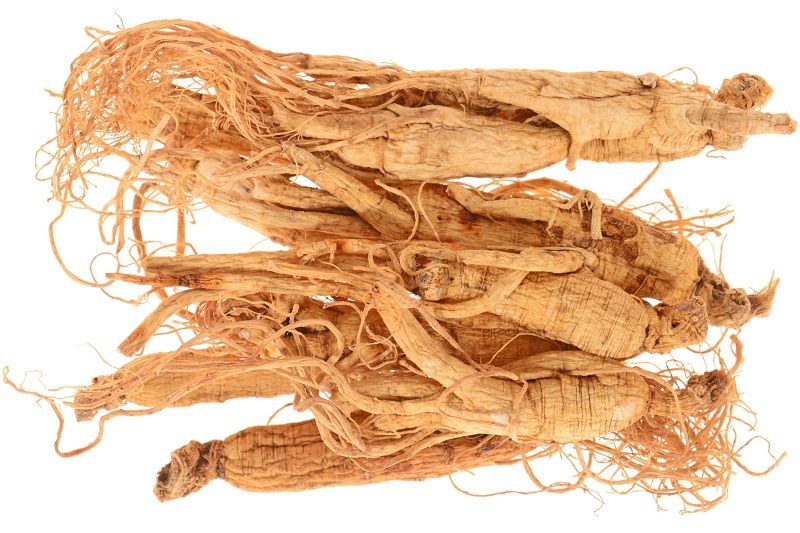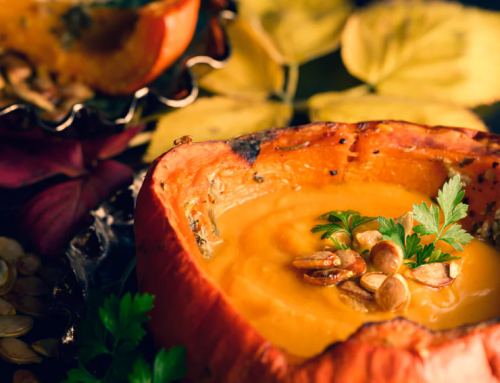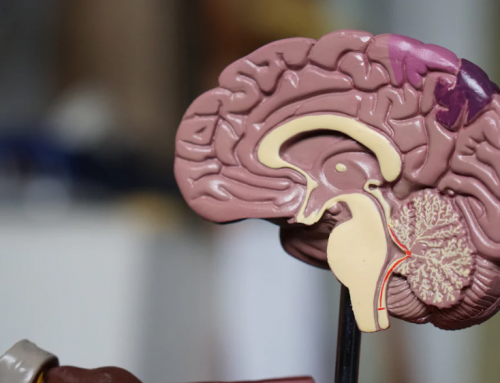It is a well-known Chinese and foreign medicinal material. It has been famous for its health and disease prevention and anti-aging. It can be used in food therapy and stewing, and it is also made into various healthcare products. The variety is amazing.
There are many legends about the name of people, and there is a saying that hunters are caught in heavy snow and survived because of eating ginseng. Because of their appearance, they are famous for their ginseng.
What are the benefits of Ginseng?
1. Beneficial diabetes
Diabetes has multiplied in the past 30 years, the main factors are related to obesity, stress, overeating, lack of exercise
Hyperglycemia symptoms include polyuria, polydipsia, weight loss, and sometimes polyphagia and blurred vision.
A systematic review of the literature and meta-analysis (including 8 studies) pointed out that for patients with type 2 diabetes or glucose intolerance, intake of ginseng can help improve blood glucose control (related indicators include: fasting blood glucose, postprandial insulin, insulin resistance), and the most significant subjects who are not treated with drugs or insulin
The underlying mechanism may be related to regulation of insulin secretion, glucose metabolism absorption, inflammatory pathways, and initiation of AMPK pathways.
2. Prevention of acute respiratory diseases (cold)?
The acute respiratory disease is a self-limiting viral infection. The main symptoms include fever, tremor, chills, discomfort, dry cough, etc. Rhinovirus, coronavirus (50%-70%) infection is the most common, followed by the influenza virus. (20%-35%) and adenovirus (5%-10%)
According to the disease burden survey, acute respiratory diseases are the highest morbidity and mortality among children under 5 years of age in developing countries, due to age, gender, nutritional status, breastfeeding (type and duration), socioeconomic level, overcrowding, indoor pollution, passive smoking
A randomized, double-blind, placebo-controlled trial (12-week, 100 healthy adults) indicated that oral administration of Korean red ginseng/Gorge red peony extract significantly reduced the frequency of acute respiratory infections and reduced symptoms. Duration and severity scores (but the latter two are not statistically significant). Note 1
*Conclusion: Korean red peony extract may have the effect of preventing acute respiratory related diseases, but limited by the scale of research, more large studies are needed to confirm further
3. Reduce the incidence of cancer?
The occurrence of cancer is usually caused by a single factor that is caused by the interaction of internal factors (genetic mutations, hormones, and immune conditions) and environmental/acquired factors (tobacco, diet, radiation and infectious diseases).
According to US statistics, local males and females have a 43% and 38% chance of being diagnosed with cancer in their lifetime. The high incidence is indeed staggering.
A meta-analysis (including 9 studies, a total of 7,436 cancer cases, 334,544 participants) pointed out that overall, compared with non-users, the intake of human sputum can reduce cancer by 16%. risk.
Subgroup analysis also found that for individual types of cancer, such as colorectal cancer, lung cancer, stomach cancer, and liver cancer, the risk reductions were: 23%, 19%, 17%, 23%, respectively.
The mechanism behind it is related to the regulation of cell cycle, induction of apoptosis, inhibition of angiogenesis and invasion through a variety of cellular signaling pathways.
*Conclusion: Ingestion of ginseng has the effect of reducing the incidence of cancer but limited by the heterogeneity of the study, it still needs more large-scale clinical trials to verify
4. Anti-fatigue, improve physical fitness?
Fatigue is a physiological state that lacks physical strength and motivation, usually caused by physical activity, emotional stress, boredom, lack of sleep, or related medical conditions.
A literature-integrated analysis (Meta-analysis, including 12 randomized controlled trials with 630 participants) indicated that taking ginseng-related supplements had a statistically significant improvement in reducing fatigue, but was not effective in improving physical performance. Note 3
*Conclusion: Due to the insufficient number of studies and the number of samples included, there is insufficient evidence to prove that ginseng has anti-fatigue and physical fitness effects, and further confirmation by more large-scale studies is needed.
5. Good for women with menopausal disorders?
Female menopause or menopause transition period usually refers to the period from irregular menstrual cycle to the end of the menstrual cycle, which is between 40 and 50 years old.
During the menopause, due to the violent fluctuation of estrogen, often accompanied by emotional changes, hot flashes, insomnia, vaginal dryness, loss of libido, impaired cognitive function and other physical and mental symptoms
A systematic review (including 10 randomized controlled trials) indicated that for menopausal women, the use of human sputum has the effect of improving sexual function, sexual excitement and hot flashes (but hot flash frequency, hormonal level or endometrium) The thickness is not improved).
Do ginseng have side effect?
Ginseng in China, Japan, Korea, and other countries have been used for thousands of years. In the short term, they are safe natural supplements, but the possible side effects or adverse reactions reported include insomnia, hypoglycemia, loss of appetite, diarrhea, itching, and rapid heartbeat. Increase or decrease in blood pressure, headache, dizziness, rash, breast pain, mood changes, vaginal bleeding, allergies, etc., especially after overdose or long-term use.





